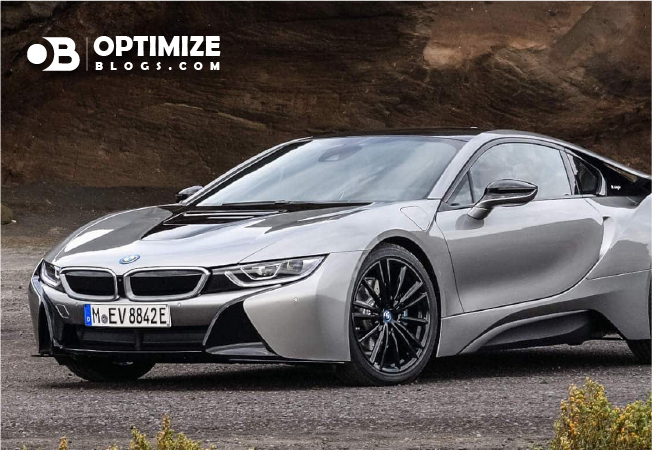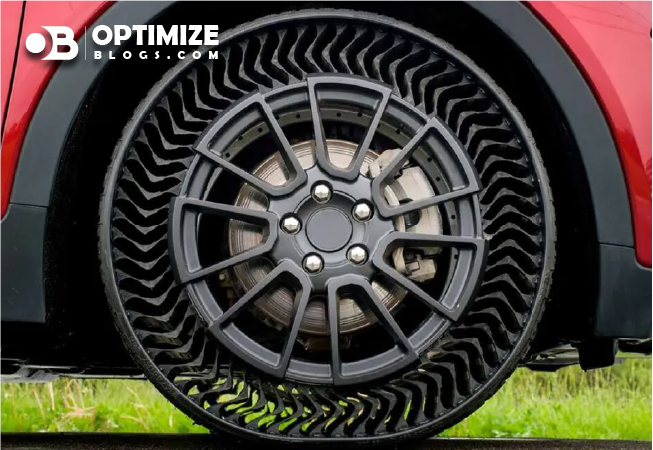
As the world grapples with the pressing need to address environmental challenges, hybrid cars have emerged as a promising solution to reduce the environmental footprint of the transportation sector. Combining traditional internal combustion engines with electric power, hybrid vehicles offer the potential to significantly lower greenhouse gas emissions, conserve fuel, and improve air quality. In this comprehensive blog post, we'll explore the impact of hybrid cars on the environment, examining their benefits, challenges, and their role in creating a more sustainable future.
Understanding Hybrid Cars
Before delving into their environmental impact, let's briefly explain what hybrid cars are:
Hybrid cars are vehicles that use a combination of an internal combustion engine (typically gasoline) and an electric motor. They are designed to optimize fuel efficiency and reduce emissions by seamlessly switching between the two power sources. There are different types of hybrid configurations, including:
Full Hybrid: These vehicles can operate on electric power alone, gasoline power alone, or a combination of both. They typically use regenerative braking to recharge the battery.
Mild Hybrid: Mild hybrids primarily use their gasoline engine, with the electric motor providing assistance during acceleration or when additional power is needed.
Plug-In Hybrid (PHEV): Plug-in hybrids can be charged via an external power source (like a wall outlet) and offer a longer electric-only range compared to standard hybrids.
Environmental Benefits of Hybrid Cars
Reduced Greenhouse Gas Emissions
One of the primary environmental benefits of hybrid cars is their ability to reduce greenhouse gas emissions. By relying more on electric power, they produce fewer carbon dioxide (CO2) emissions than conventional gasoline-powered vehicles. This reduction in emissions contributes to mitigating climate change.
Improved Fuel Efficiency
Hybrid cars are designed to maximize fuel efficiency. The electric motor assists the gasoline engine during acceleration and low-speed driving, reducing the overall fuel consumption and the release of pollutants.
Lower Air Pollution
Hybrid vehicles produce fewer harmful pollutants, such as nitrogen oxides (NOx) and particulate matter (PM), which are major contributors to air pollution and respiratory health problems.
Energy Regeneration
Many hybrid cars feature regenerative braking systems that capture and store energy normally wasted as heat during braking. This energy is then used to recharge the battery, improving overall efficiency.
Noise Reduction
Electric power allows hybrid cars to operate more quietly, reducing noise pollution in urban areas.
Challenges and Considerations
While hybrid cars offer significant environmental advantages, there are also challenges and considerations to keep in mind:
Limited Electric-Only Range
Standard hybrids have limited electric-only ranges, which means they still rely on gasoline for longer trips. Plug-in hybrids address this issue by offering longer electric-only ranges but require regular charging.
Charging Infrastructure
For plug-in hybrids and electric vehicles (EVs), the availability of charging infrastructure is essential. While charging networks are expanding, they may still be less widespread than gas stations in some areas.
Battery Production
The production of hybrid and electric vehicle batteries can have a significant environmental impact due to the mining and processing of materials like lithium and cobalt. However, advancements in battery technology are continually improving their environmental performance.
End-of-Life Considerations
Proper disposal or recycling of hybrid vehicle batteries is crucial to avoid potential environmental hazards. Many manufacturers have established recycling programs to address this concern.
Vehicle Price
Hybrid vehicles can be more expensive than their conventional counterparts, primarily due to the cost of battery technology. However, lower operating costs and potential tax incentives can offset the initial price difference.
Government Incentives and Policy Support
To promote the adoption of hybrid and electric vehicles and further reduce their environmental impact, governments around the world have implemented various incentives and policies. These include tax credits, rebates, and regulations aimed at encouraging the production and purchase of environmentally friendly vehicles.
Conclusion: A Greener Path Forward
Hybrid cars have made significant strides in reducing the environmental impact of the automotive industry. Their ability to lower greenhouse gas emissions, improve fuel efficiency, and reduce air pollution makes them an important part of the transition to a more sustainable transportation sector. While challenges like limited electric range and battery production exist, ongoing technological advancements and policy support are helping to overcome these hurdles.
As we look to the future, the continued development of hybrid technology, the expansion of charging infrastructure, and a shift towards cleaner energy sources will further enhance the environmental benefits of hybrid cars. They represent not only a greener path forward but also a significant contribution to a more sustainable and eco-friendly transportation landscape.





